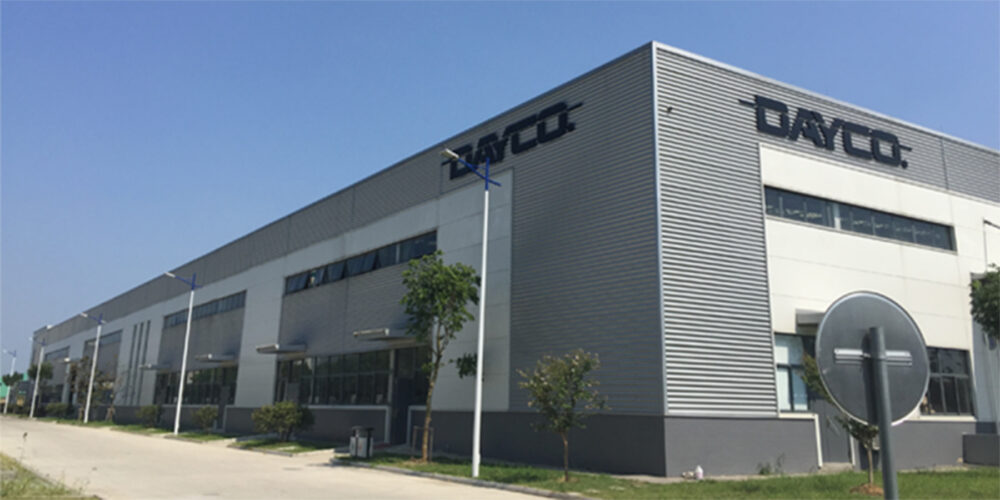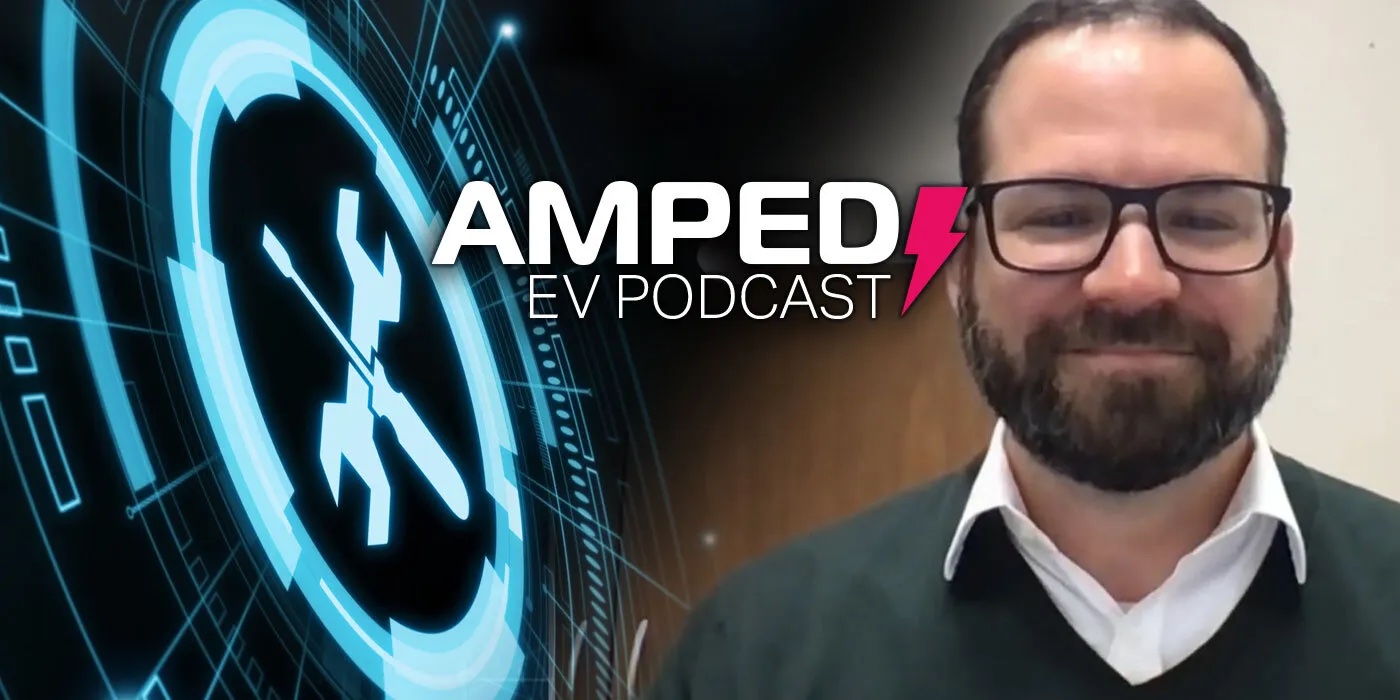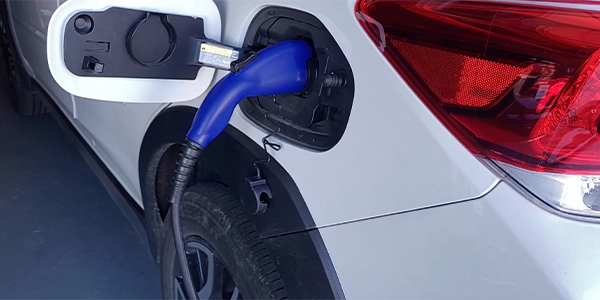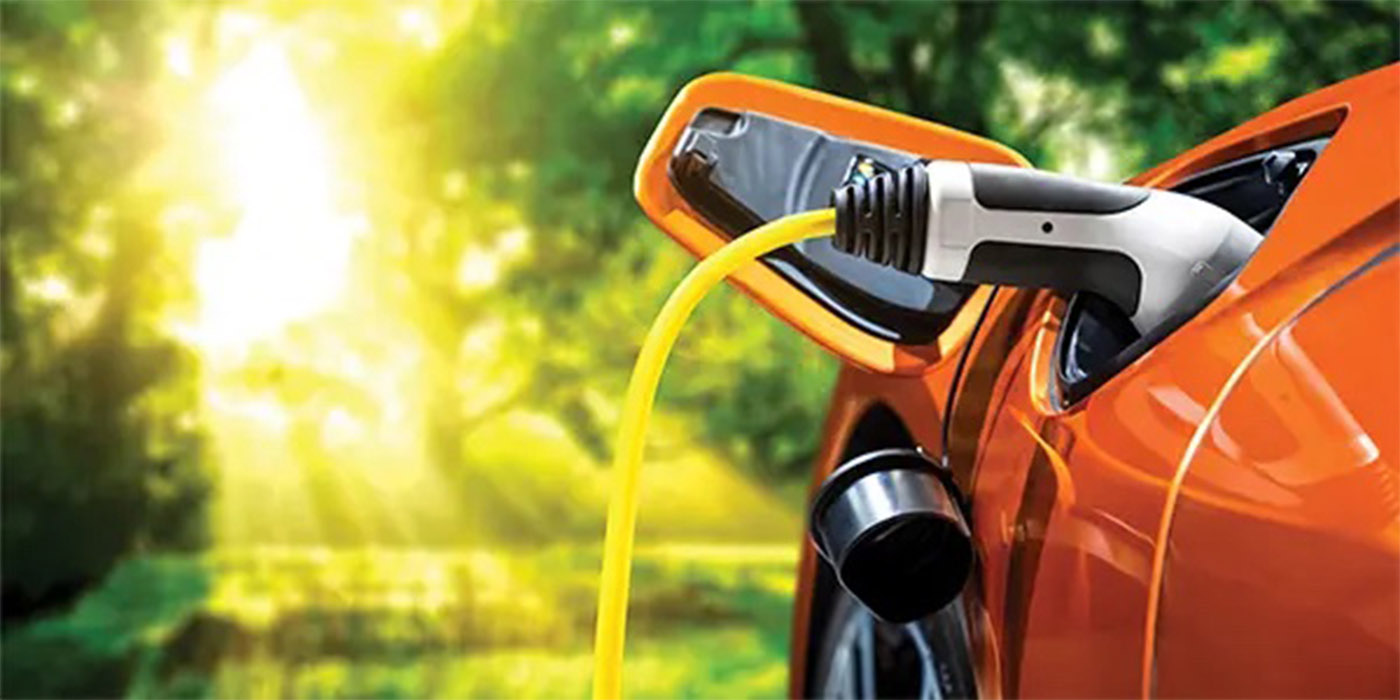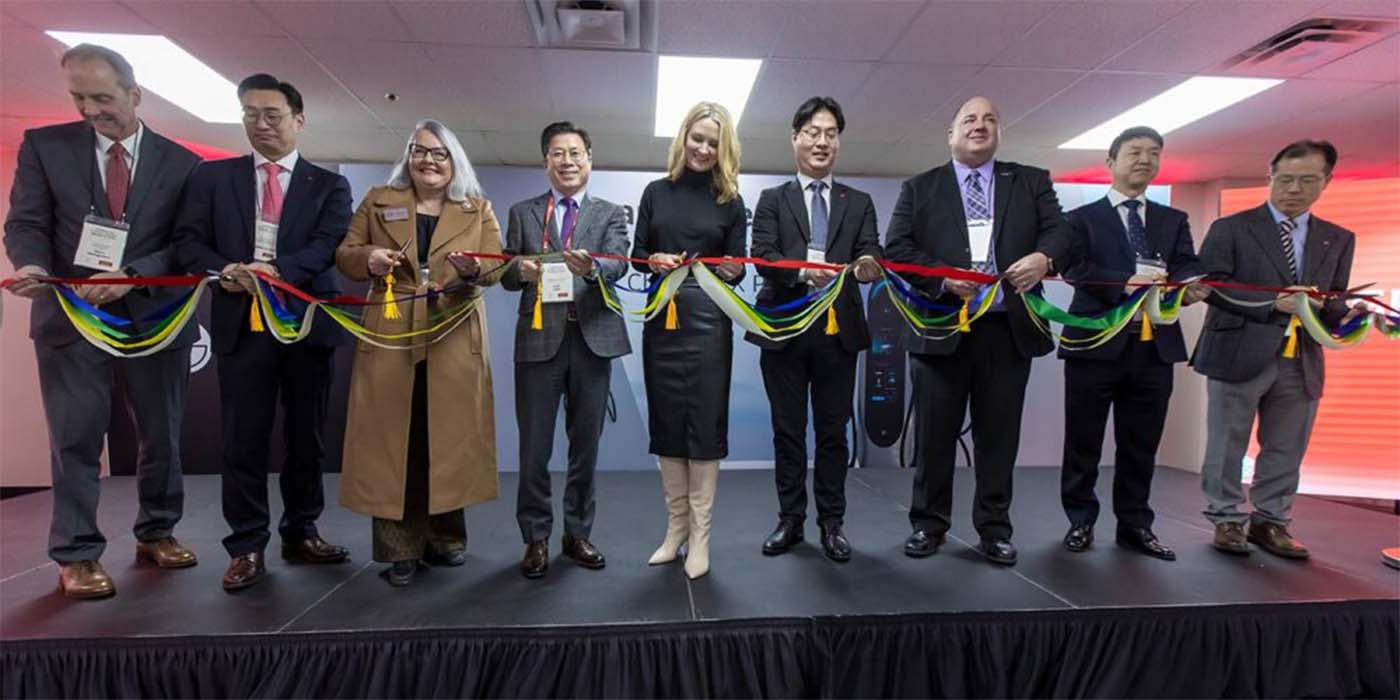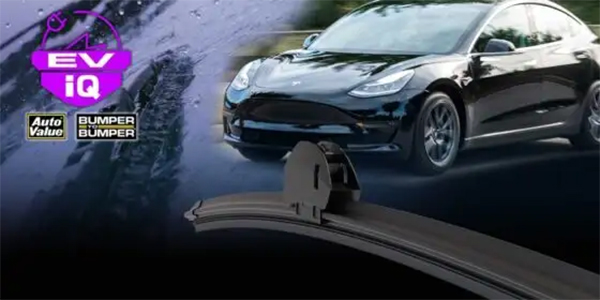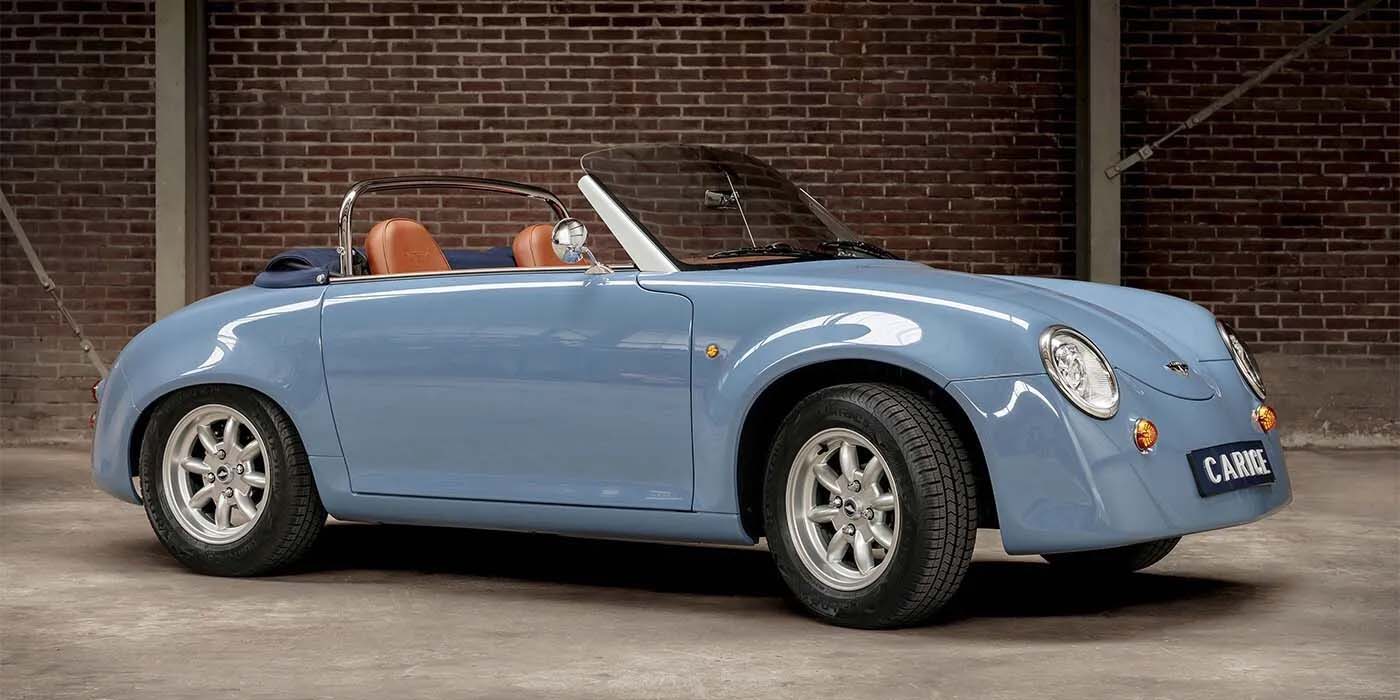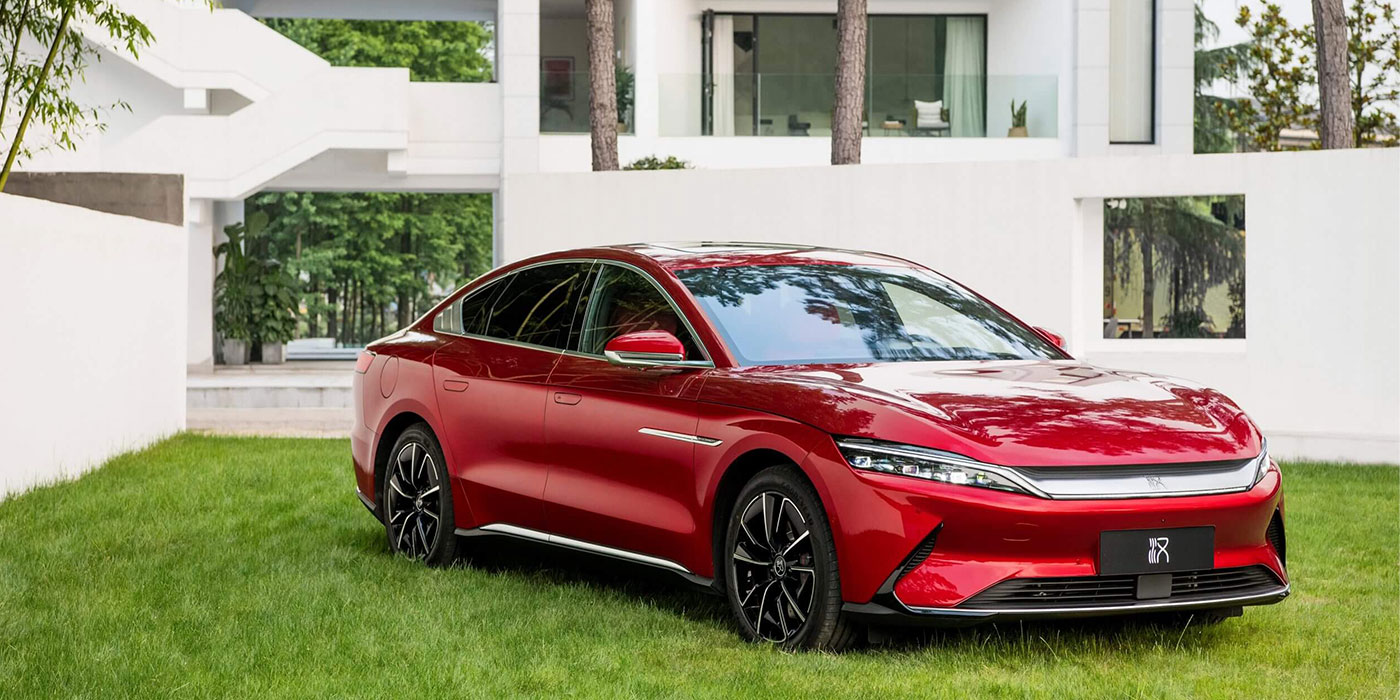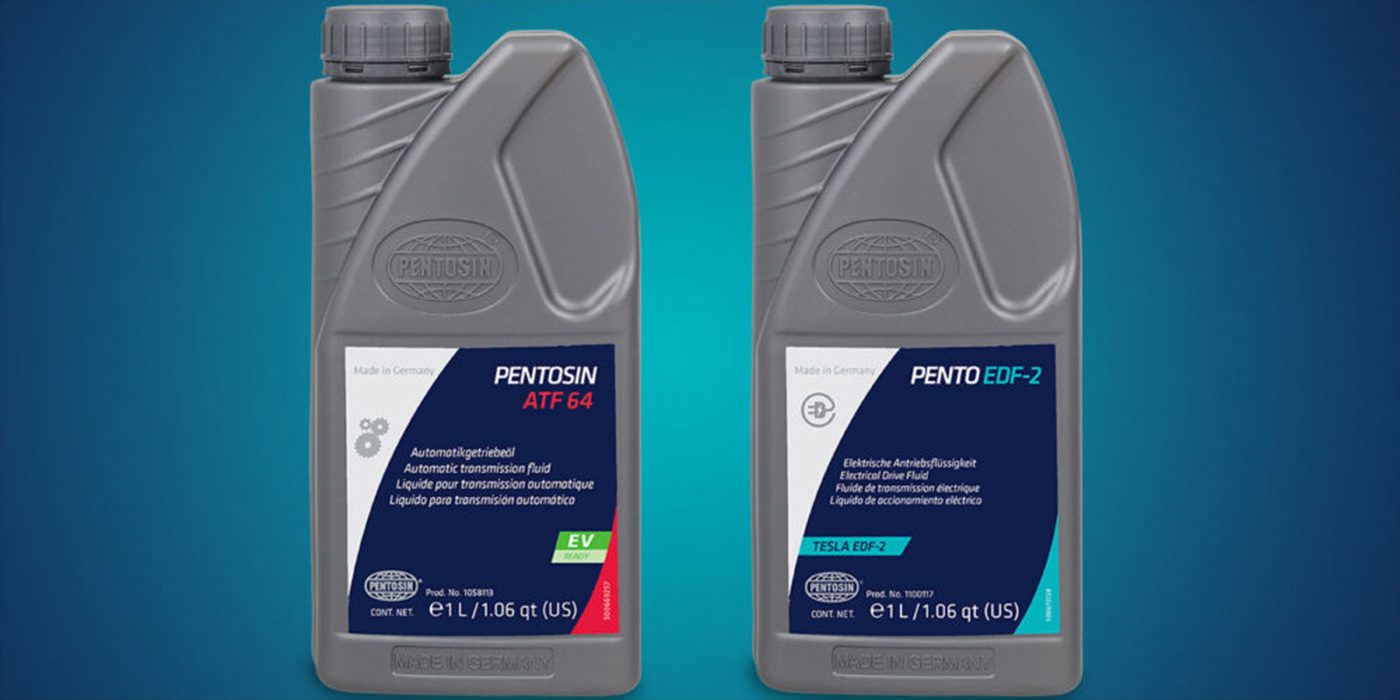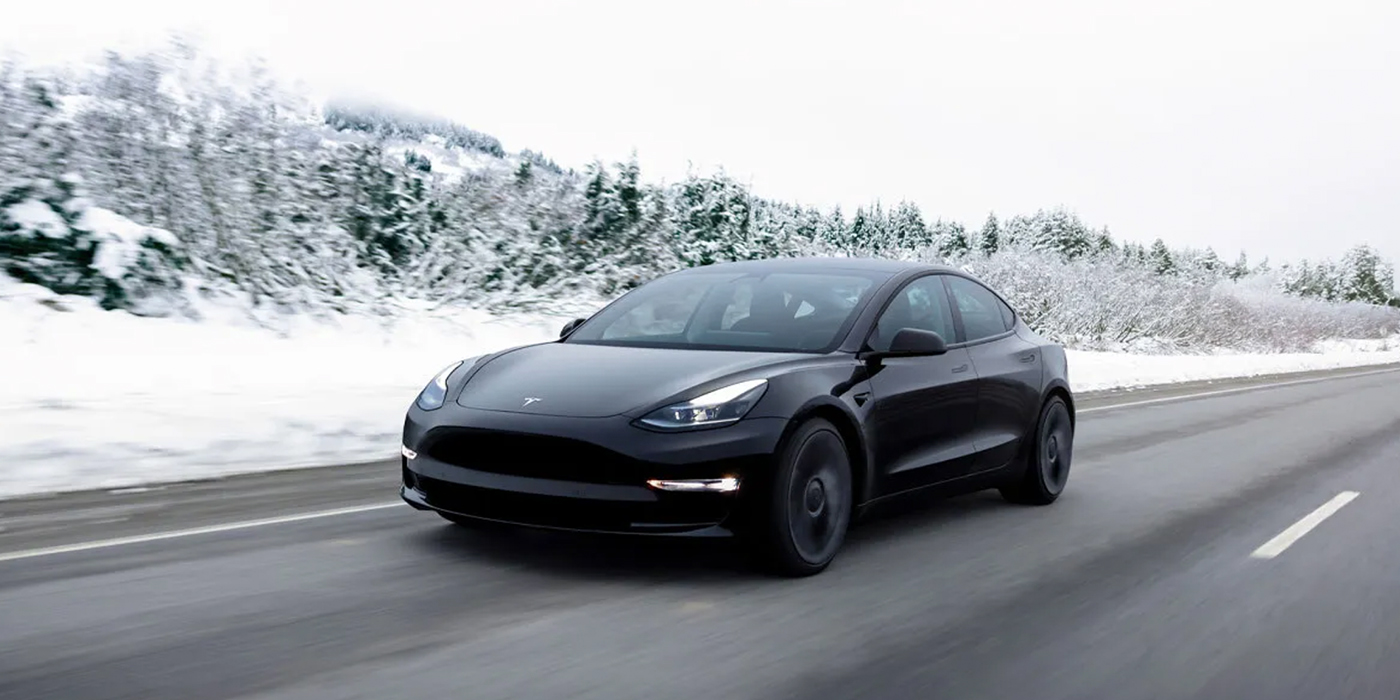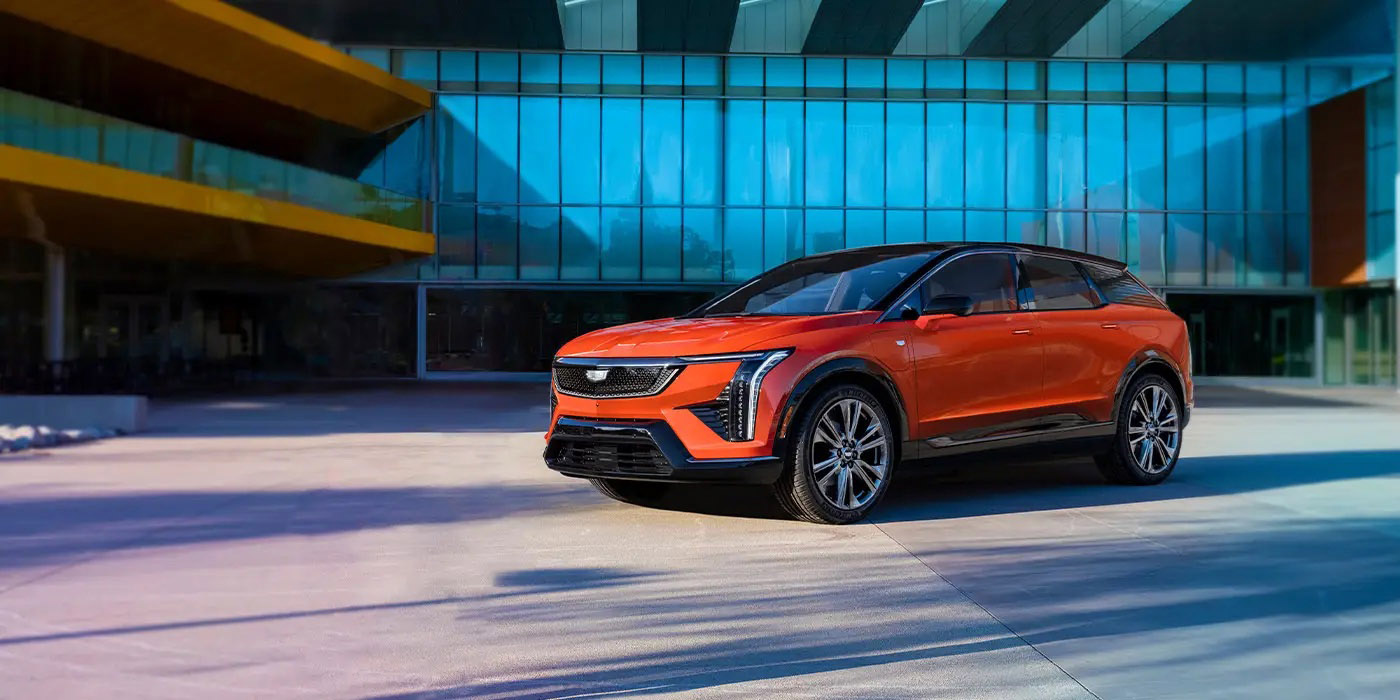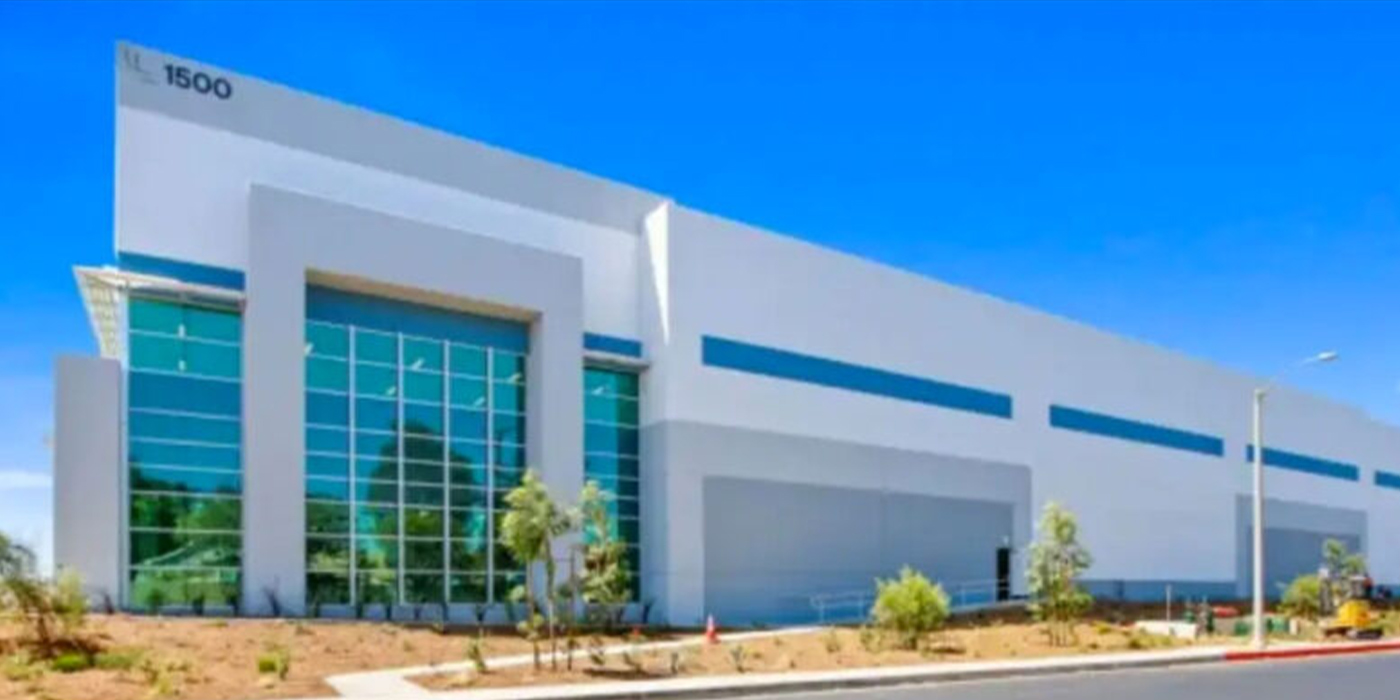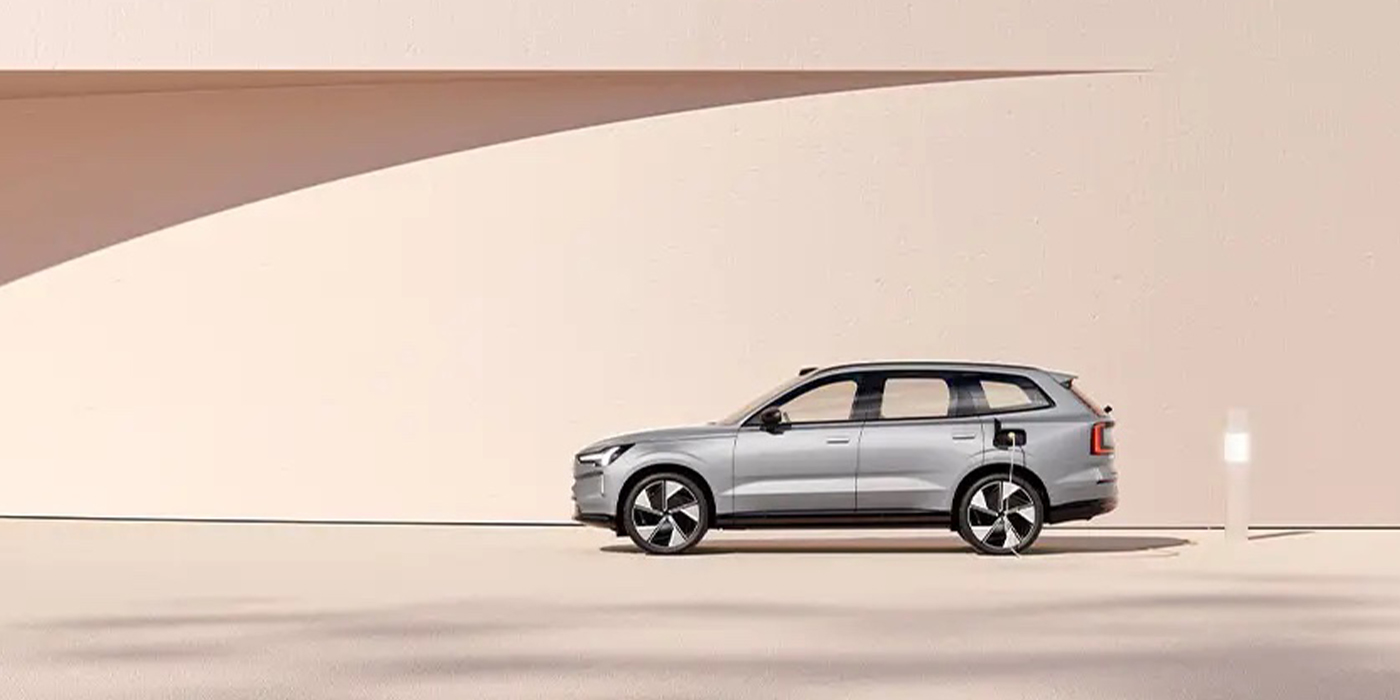Dayco, a global manufacturer of engine products and drive systems for automotive, heavy-duty and industrial markets, is strengthening its hybrid electric partnership with its strategic partner Ningbo Physis Technology Co., Ltd. (Physis), a a designer and manufacturer of products and solutions motion control and energy conversion.
The companies said the partnership started in 2020 with a collaborative vision to develop and deliver Dayco Hybrid Modules (DHM) for electrified hybrid vehicles to OEMs across the globe. The cooperation evolved into an MOU beginning in July 2020, with a broader vision to develop and deliver hybrid system solutions for light and heavy-duty vehicles. An extension of the partnership agreement was signed in March 2023, to develop and deliver electric units of the Dayco Hybrid Module by Physis.
“Dayco’s system know-how and integration capabilities, coupled with Physis capabilities in the field of motion control, allows us to provide a highly optimized and efficient DHM for P1/P2 hybrid architecture, electrifying both light and heavy-duty vehicles as well as improving the system performance and reliability,” said Wouter Nijenhuis, chief commercial officer, Dayco Propulsion Solutions.
“Our modular, compact and scalable hybrid modules have exceeded industry standards under test conditions, and we are developing P1/P2 hybrid solutions in partnership with the world’s leading commercial vehicles, and off-highway manufacturers and engine suppliers. As we grow together, we continue to deliver electrification and hybridization solutions most efficiently and sustainably, that meet our customer’s specifications from low (48V) to high (800V) voltage solutions, DHMs can either be fully integrated or added as a bolt-on solution to existing powertrains,” Wouter added.
The partnership is slated to deliver hybrid electric modules that provide efficiency and performance along with expansion opportunities for both companies in electrified vehicle technologies across the globe, providing global R&D with a local manufacturing footprint to customers, the companies said.

